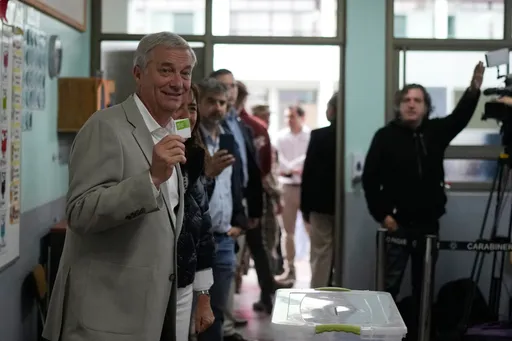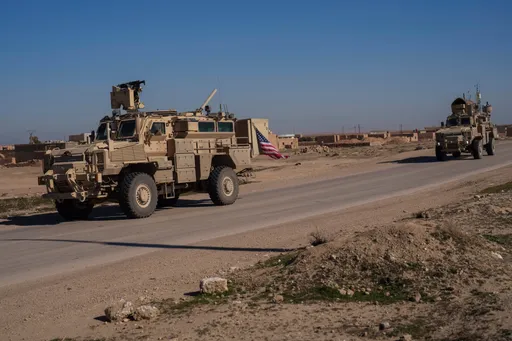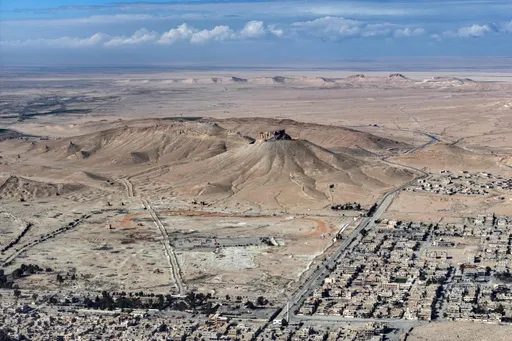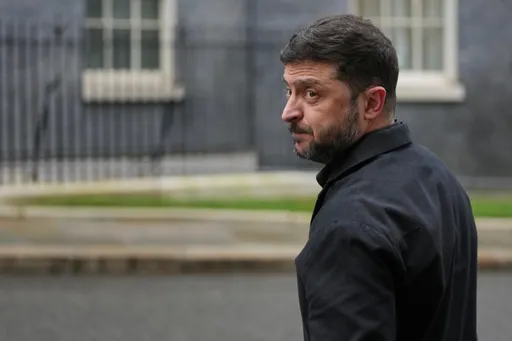A delegation representing Libyan warlord Haftar, the internationally unrecognised and self-styled militia leader in Libya, has visited Damascus to establish ‘diplomatic’ relations.
Pro-Assad regime media sources showed representatives of the warlord Haftar signing a series of agreements with the Syrian Foreign Minister Walid Muallem.
The move, however, was mocked as a stunt with one commentator saying: “Both Bashar Assad and Khalifa Haftar stand accused of mass atrocities, and the regions under their control are repressive police states. Their premise of cooperation against ‘terrorism’ would be ridiculous if it weren’t so perverse.”
As the Libyan flag was raised in Damascus for the first time since 2012 when relations were severed after the fall of the late dictator Muammar Gaddafi the move also showed the intentions of Haftar and Assad.
The two leaders have become international pariahs brought together by their dislike of Turkey. The newfound alliance between the two is also underpinned with Russian backing and money and weapons from the UAE.
But is Haftar’s move legitimate?
International law is fairly complicated on the matter.
According to the University Oxford Press book ‘Diplomatic Law: Commentary on the Vienna Convention on Diplomatic Relations’, which lays out the relationship between states, it does not define diplomatic relations. Nor does it define what it means to be a state.
That doesn’t, however, mean that Haftar’s move is legal or a recognisable international practice.
In order to be able to establish diplomatic relations, a precondition according to legal custom, is that the state must first be sovereign. Haftar, however, does not control Libya and he doesn’t hold the levels of power to exert the sovereignty of the state.
Another attribute that a state is sovereign is whether the leadership is able to establish and enter into international agreements with other states.
Haftar’s militia has shown that it is unable to do that since much of the international community has recognised the Tripoli-based government.
Behind this manoeuvring, one can see Russia’s hand facilitating the Assad-Haftar pact in a bid to annoy Turkey.
So what’s behind the move?
In short, politics.
The move by the Assad regime to legitimise Haftar is not expected to be followed by other countries who have largely shunned the warlord.
The move also highlights the widening gap between Turkey and Russia.
In recent years the two countries have drawn closer, however, the limits of what is possible have become stark over the last month.
Turkey’s attempts to stave off a humanitarian crisis in Idlib created by Russian bombing and Assad’s forces has resulted in the deaths of more than 59 soldiers, some a result of Russian air campaigns.
In Libya, Russia and Turkey are also on opposing sides, with Ankara supporting the UN-recognised Libyan government in Tripoli and Moscow supporting its rival, Haftar.
Turkey has deployed forces in Libya to ensure that the Libyan government does not fall to Haftar’s militia who are based on the outskirts of the city. And in Idlib, it has deployed forces to ensure that the last opposition-held enclave does not fall to Assad and result in a humanitarian disaster that could spill into Turkey.
The conflicts in Libya and Syria has been ongoing since 2011. Whereas Libyans managed to depose Gaddafi, in Syria Assad has clung to power through bloodletting, which has resulted in the deaths of hundreds of thousands and the displacement of more than 12 million people.
























